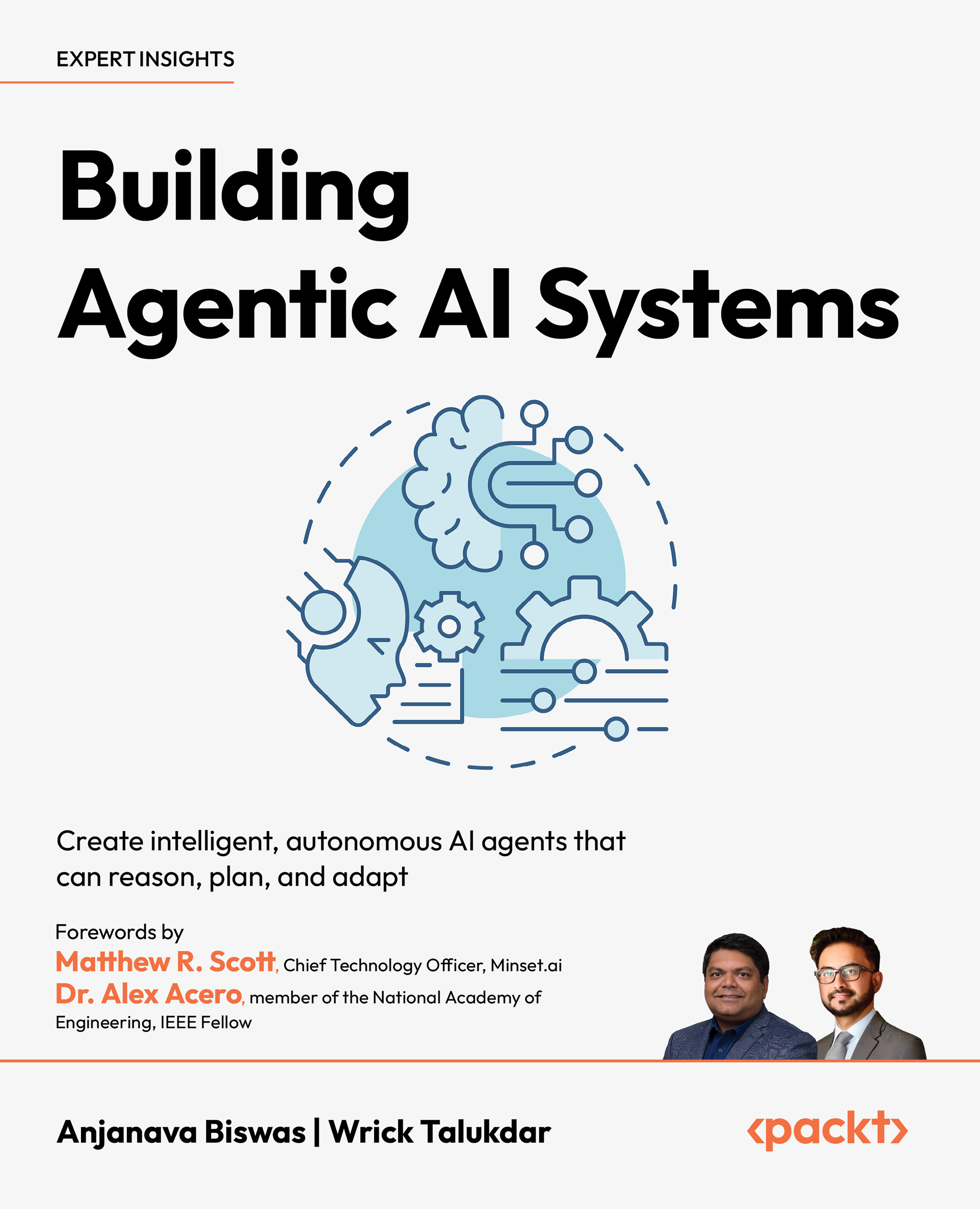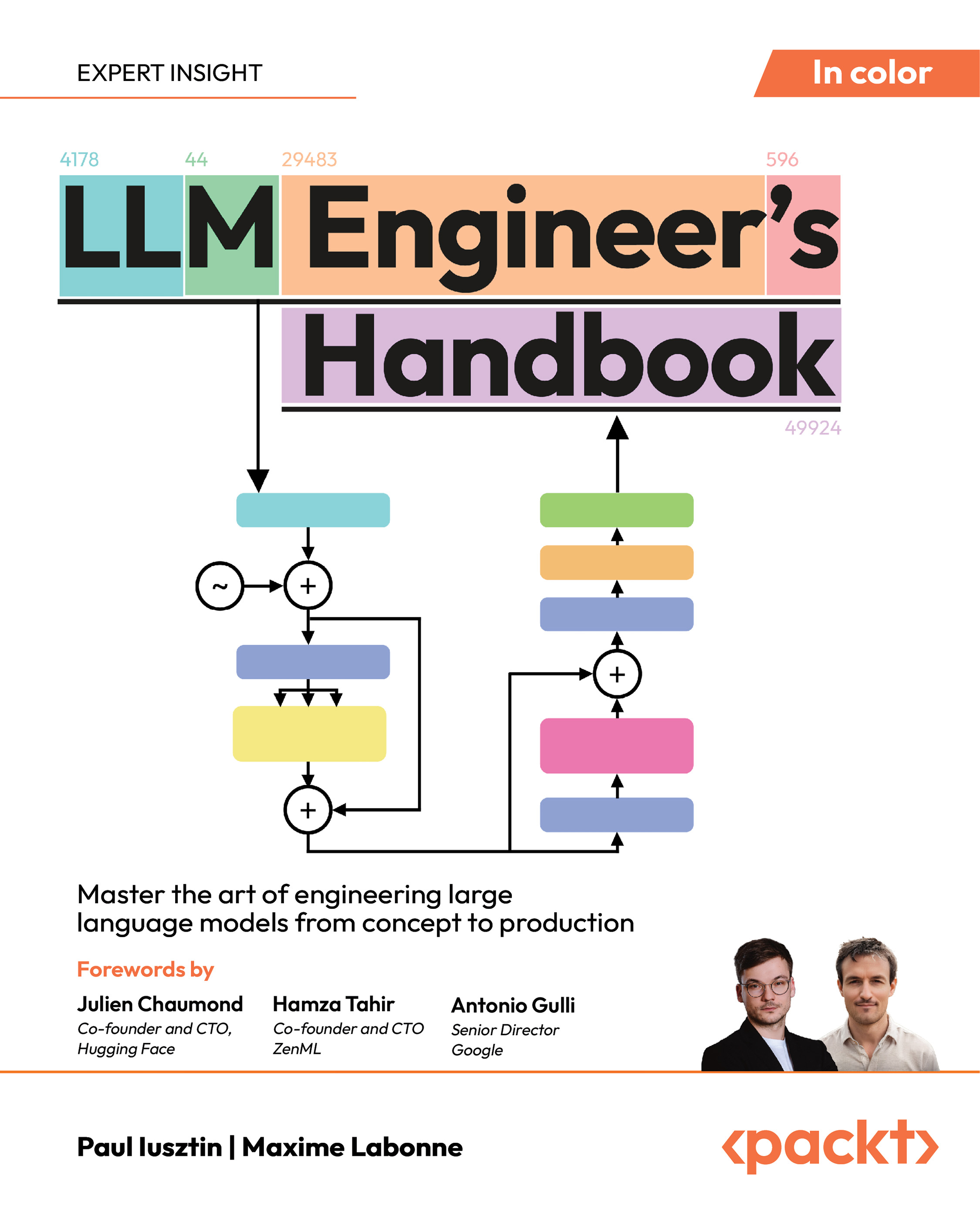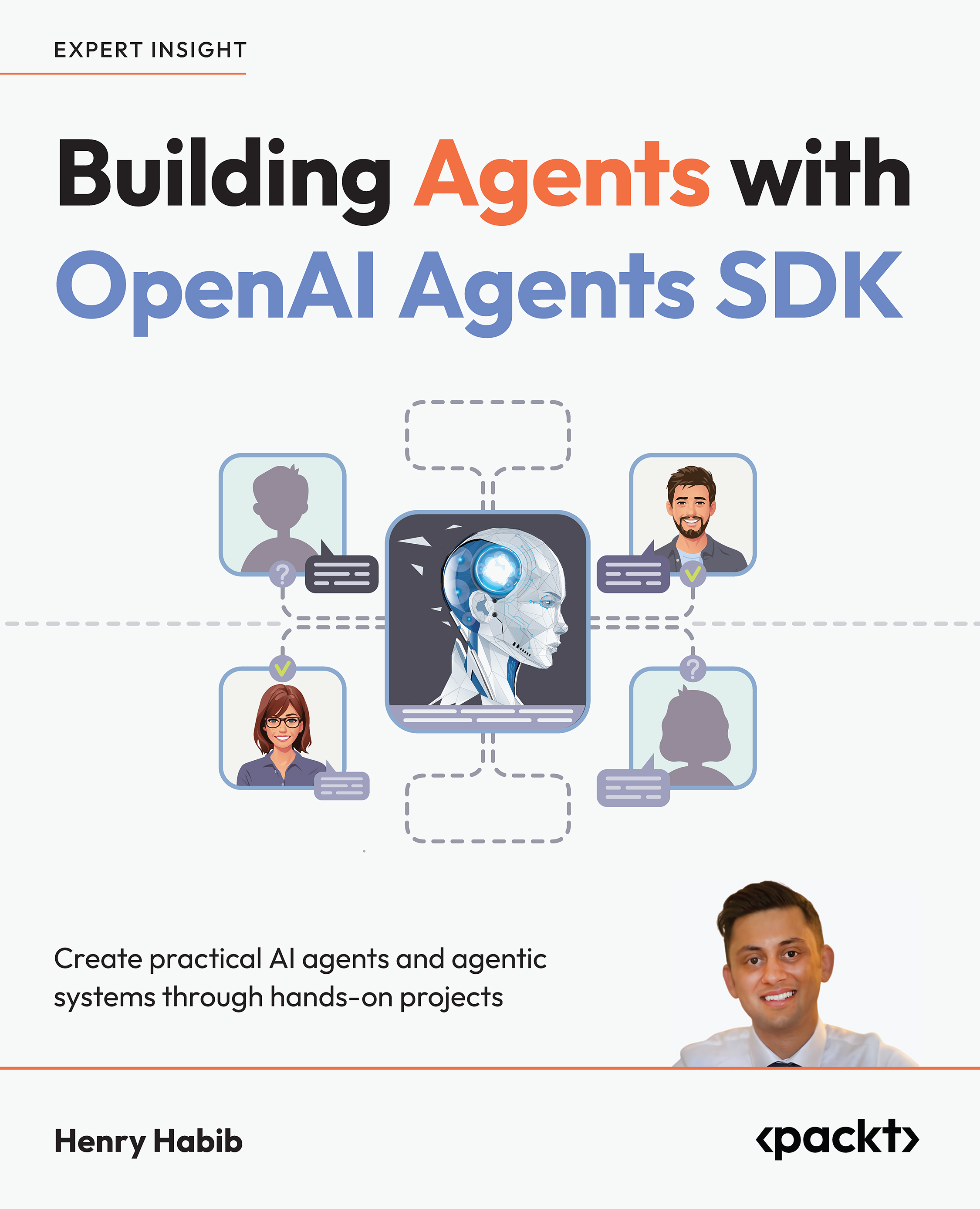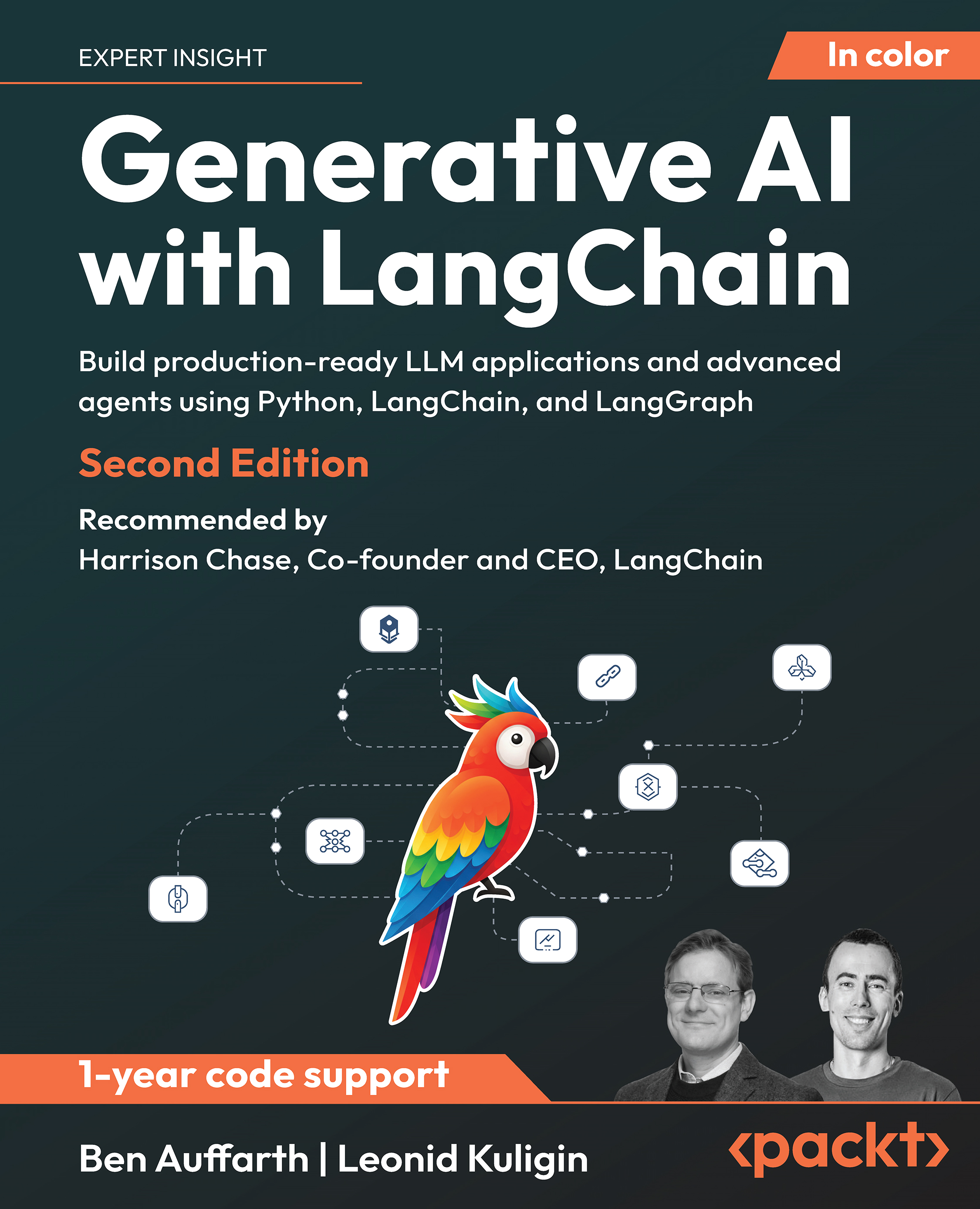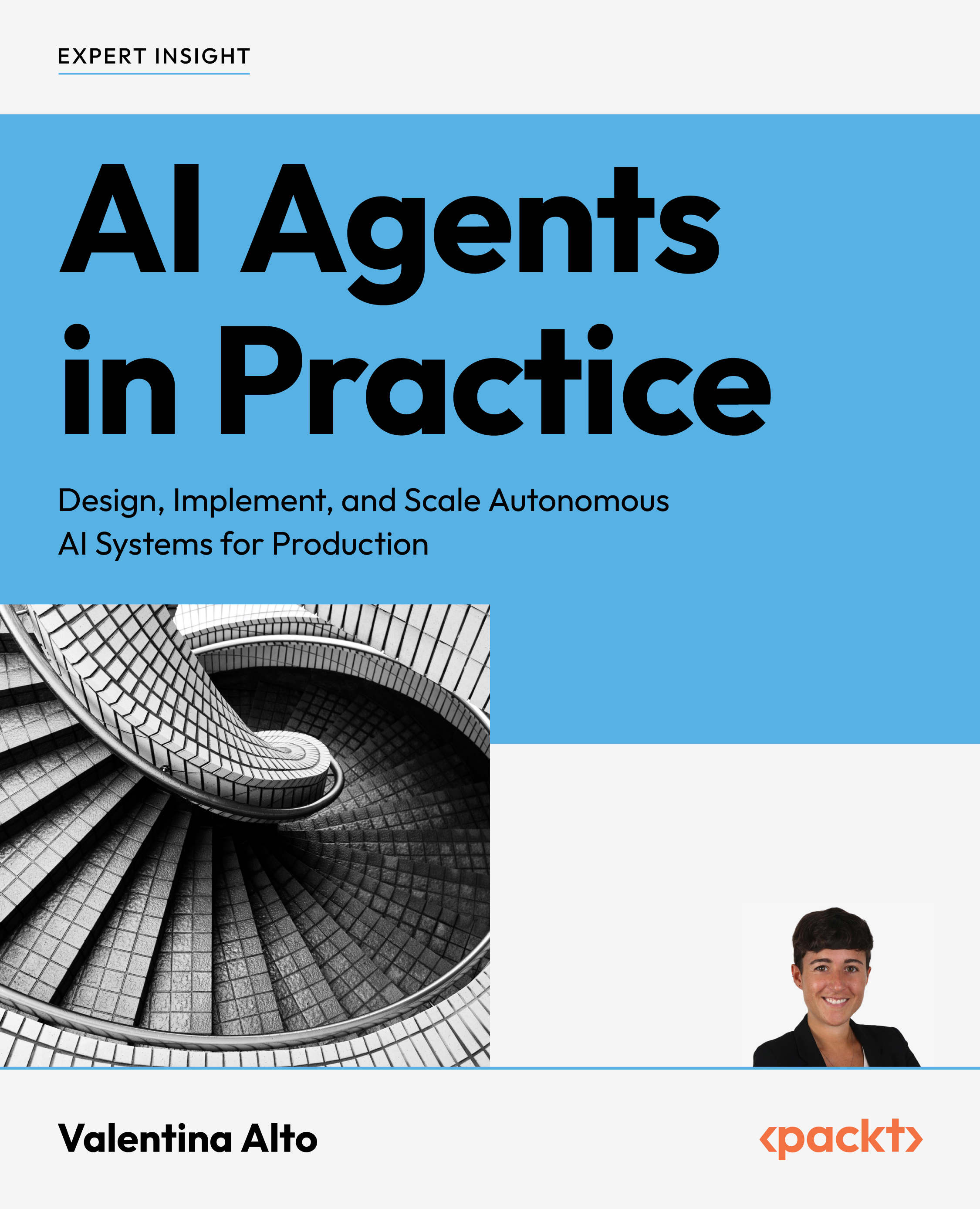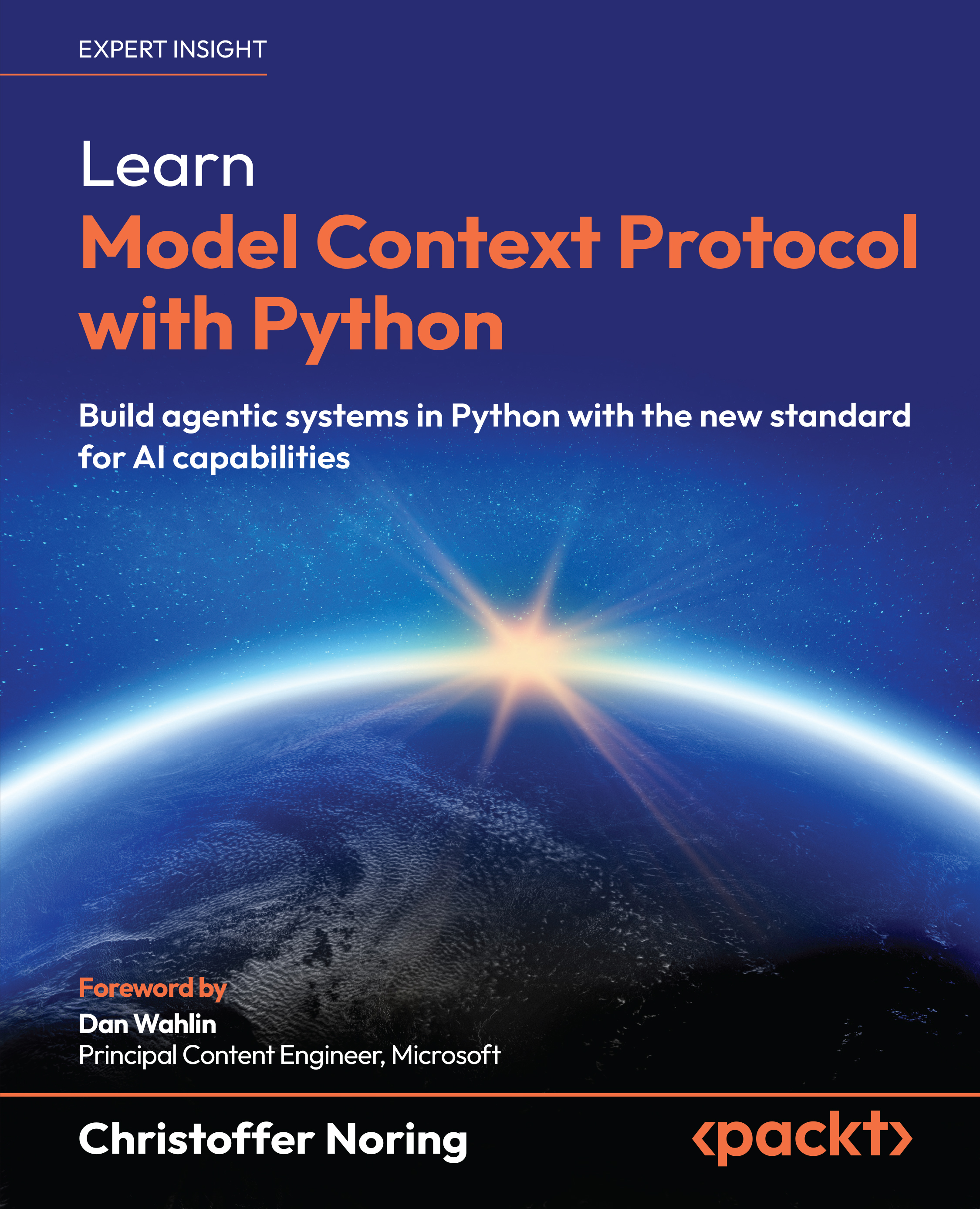To create ComplexCodeEval, the authors sourced Java and Python samples from GitHub repositories that relied on popular third-party libraries. Each sample was annotated with relevant metadata like API references, docstrings, and timestamps, simulating real-world coding tasks.
Ten LCMs, including StarCoder2, CodeLlama, DeepSeek-Coder, and GPT-3.5-Turbo, were tested on four tasks: code generation, code completion, API recommendation, and test case generation. CodeLlama-34B achieved the highest CodeBLEU score of 34.08 for Java code generation, and Python API recommendation saw an F1 score of 52.24.
The researchers tested the impact of adding context to the inputs provided to LCMs. Starting with basic function signatures and docstrings, they added more context (e.g., dependencies and library imports) and found that full context improved average CodeBLEU scores by 70.73% in Java and 31.90% in Python.
To assess data leakage, the team compared model performance on data created before and after the models’ knowledge cut-off dates. They found models performed better on leaked data, with average CodeBLEU scores increasing by 1.22 points in Java and 3.10 points in Python, demonstrating the importance of preventing data leakage in evaluations.
You can learn more by reading the entirepaper and accessing the ComplexCodeEvalGithub repository.
 United States
United States
 Great Britain
Great Britain
 India
India
 Germany
Germany
 France
France
 Canada
Canada
 Russia
Russia
 Spain
Spain
 Brazil
Brazil
 Australia
Australia
 Singapore
Singapore
 Canary Islands
Canary Islands
 Hungary
Hungary
 Ukraine
Ukraine
 Luxembourg
Luxembourg
 Estonia
Estonia
 Lithuania
Lithuania
 South Korea
South Korea
 Turkey
Turkey
 Switzerland
Switzerland
 Colombia
Colombia
 Taiwan
Taiwan
 Chile
Chile
 Norway
Norway
 Ecuador
Ecuador
 Indonesia
Indonesia
 New Zealand
New Zealand
 Cyprus
Cyprus
 Denmark
Denmark
 Finland
Finland
 Poland
Poland
 Malta
Malta
 Czechia
Czechia
 Austria
Austria
 Sweden
Sweden
 Italy
Italy
 Egypt
Egypt
 Belgium
Belgium
 Portugal
Portugal
 Slovenia
Slovenia
 Ireland
Ireland
 Romania
Romania
 Greece
Greece
 Argentina
Argentina
 Netherlands
Netherlands
 Bulgaria
Bulgaria
 Latvia
Latvia
 South Africa
South Africa
 Malaysia
Malaysia
 Japan
Japan
 Slovakia
Slovakia
 Philippines
Philippines
 Mexico
Mexico
 Thailand
Thailand










